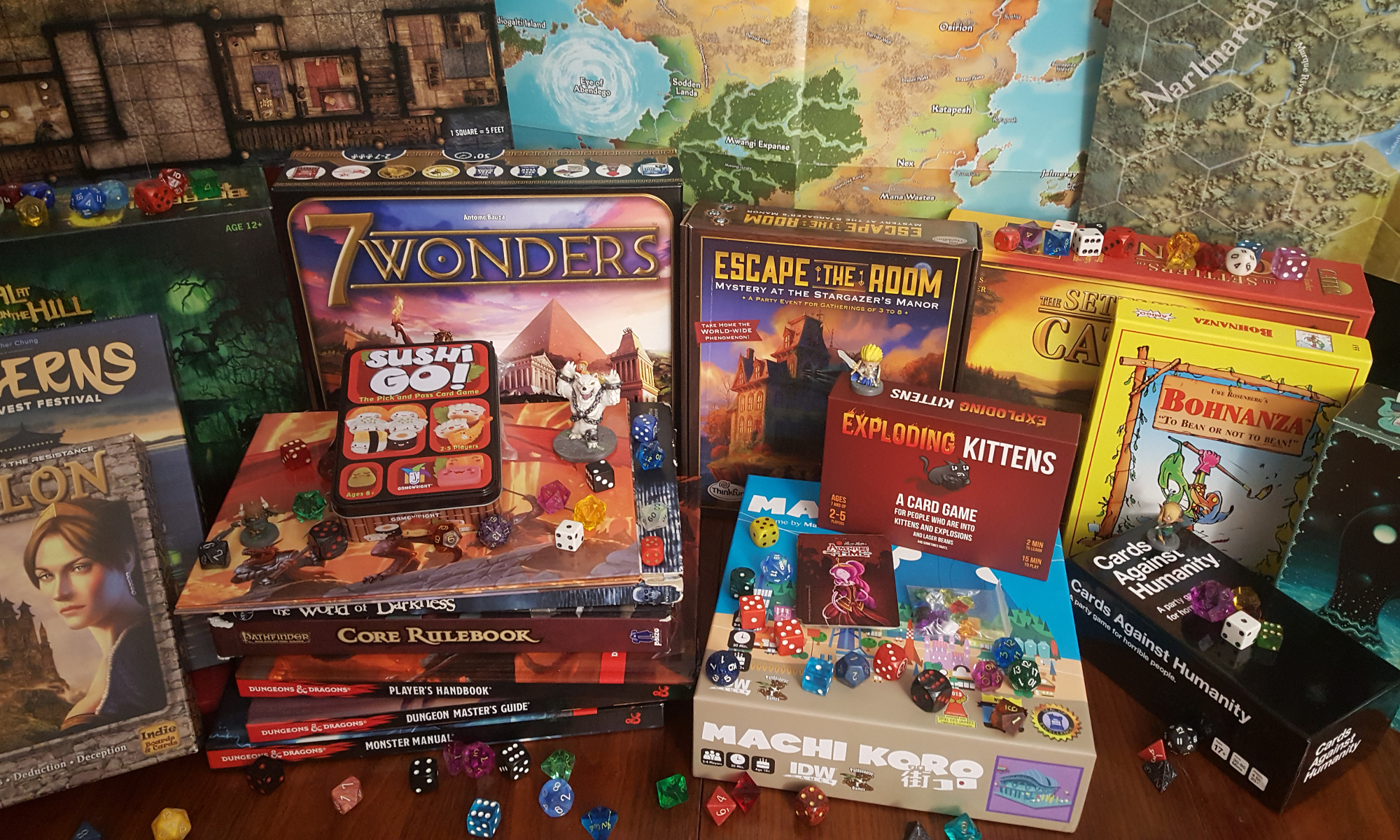Today’s topic is initiative, the determiner of turn order. For most games, initiative and turn taking is essential to ensuring that the game run smoothly, and in role playing games, it is very seldom as simple as going around the table in clockwise order.
In nearly every game, there are actions that can be taken out of initiative order, and these can add considerable complexity to the game. In most games, there is some system for taking a prepared action, where you do something contingent on someone else doing something. In most d20 games, there are two ways of doing this – the character can ready an action to do something immediately before or after another event happens, or they can delay to see what others do and take their action after doing so. Both of these permanently change their position in initiative order. The purpose of these actions is to ensure that acting first is never a disadvantage – you don’t ever say “darn it! I wanted to act after the wizard casts bull’s strength on me” because you can do that if you really want.
There is another way to go about this, however, that a few games used – stacked initiative is a system wherein actions are declared in reverse initiative order (the last person to act says what they’re going to do first) and then resolved in initiative order. This is an interesting spin on initiative, but in practice, it ends up doubling combat time and making players lose actions, which is disappointing. There are more subtle variations, such as wargames wherein the player with last initiative is forced to move first, putting themselves out there into what could very well be a desirable but vulnerable position.
In any case, it pays to think about the order in which things are done, and the fact is that even with initiative systems, it should generally be accepted that most things in combat are happening simultaneously, so while Thorax the barbarian might hit the evil wizard before he so much as moves, it would behoove the savvy DM to still describe the wizard as preparing to cast his devastating spell when Thorax’s blade strikes true, rather than implying that this magical mastermind was twiddling his thumbs when his head was cloven from his body.
Nearly every game allows some sort of free action system wherein minor, non-combat actions can be taken throughout a combat round. Most commonly, this is talking, and it’s important to draw a line between a few moments chit-chat and a game-stopping mid-combat filibuster. I personally don’t pull out a stopwatch to ensure that anything said falls within the 3-to-6 second combat round, but I’m not averse to cutting someone off and telling them they need to finish what they’re saying next round.
The important thing is always to remember to balance things in a way that is enjoyable for everyone at the table. Keep things reasonable – don’t let a few players dominate the game, don’t let a few actions overpower everything else. And, importantly, if a player has built their character around winning initiative, for gosh sakes let them win! Even if you feel that them pulling ahead of the pack all the time is irksome or throws a wrench in your works as a DM, remember that when a player builds their character to be able to do something, they should be able to do that thing, and initiative is no different.
Remember to keep things moving. Use visual aids and keep your players in the loop. Happy games!

